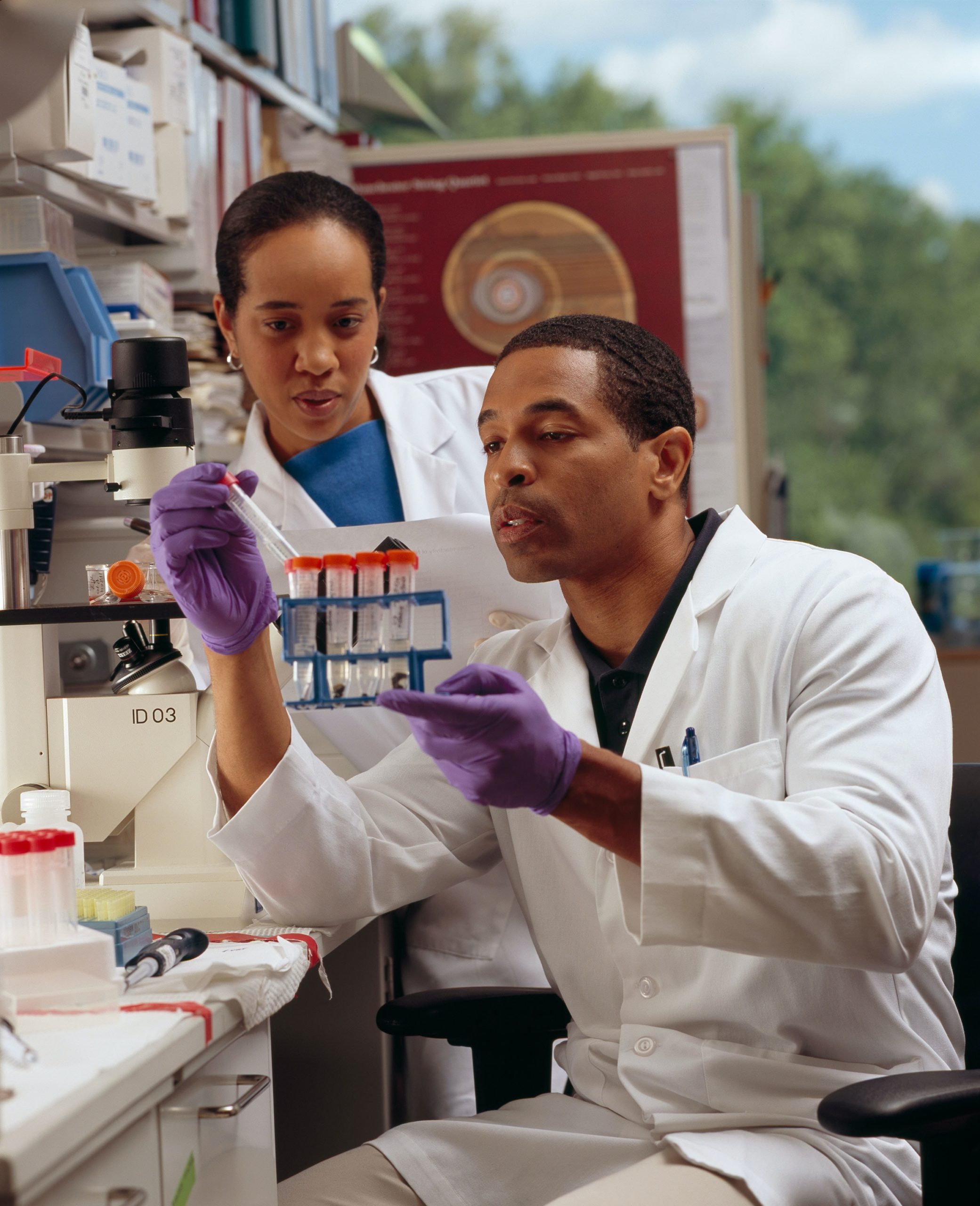Plasmaderivati: work in progress.

Italy, with a turnover of over 500 billions of lire 1996, represents about the 10 % of the world market for human plasma products, anche se è noto che per l’80% dipendiamo dalla materia prima proveniente dall’estero.
The risk of infection , even if lower and lower, it cannot be eliminated.
E’ noto che sono in atto indagini della magistratura, which has already identified numerous irregularities in the production cycle of plasma derivatives .
Quando si parla di plasmaderivati non si può prescindere dal problema delle immunoglobuline, especially the tetanus, which are the most produced and used.
Currently in Italy they are sold in one year, over 620.000 tetanus immunoglobulin packs, solo 25.000 confezioni di immunoglobuline per la pertosse, 3.000 for rubella.
Circa 5 millions of doses of tetanus vaccine are used every year in Italy and this creates dependence on foreign plasma, less secure than that from Italian voluntary donors.
It is important to underline that every year in Italy about one hundred people fall ill with tetanus and two thirds of them are women over 50 years: statistically the most exposed because most lack of vaccination coverage.
Suffice it to say that vaccination is mandatory for children, i coscritti al servizio di leva , as well as those who work at risk for the disease.
Therefore, in these, in the event of an accident, non occorre somministrare l’emoderivato antitetanico, if the patient has completed a tetanus vaccination course. The tetanus vaccination is valid for ten years, against i 30 days of’ blood product; il costo del farmaco per l’ whole cycle of tetanus vaccination is approx 9 mila read, against the approx 15 mila di ogni dose di immunoglobulina. After ten years a booster dose: 3 mila read.
E’ evidente il risparmio sia economico, and the beneficial effects on public health. The choice remains above all an industrial policy problem.
Therefore, to eliminate the risk associated with the use of these blood products and to get closer to national self-sufficiency, it would only be necessary to carry out the ten-year calls of antithenic vaccine.
The costs for this prevention operation, a fronte di un vantaggio socio-sanitario, vanno considerati ammortizzabili nell’intero decennio successivo alla effettuazione.
Another problem of considerable importance is the consumption of albumin.
What practical advice we would like to give doctors in practice to decrease the transfusion risk ?
Attualmente si può consigliare la consulenza di un medico trasfusionista, which will evaluate for example, if you can decrease your consumption of albumin through l’ use of synthetic products .
Another problem related to plasma derivatives, is to sensitize the medical class to extend hemophilic patients to all l’ use of factor VIII recombinant, sintetizzato con tecniche di ingegneria genetica e carente nei malati di emofilia.
Italy, admitted to registration only recently on factor VIII recombinant, limiting it to hospital use only; hemophiliacs are therefore forced to go to affiliated hospital facilities, non potendo disporre in casa del nuovo prodotto .
Make the most of the hospitals in the area, as well as doctors affiliated with the S.S.N. to whom a tetanus vaccination campaign could be entrusted, it could be a just purpose all the more effective the more preceded by a widespread information campaign in the medical class and in the population, provided that certain "particular" interests can be reconciled with the common good .
Reserved literary property, publication prohibited without written permission from the publisher.
